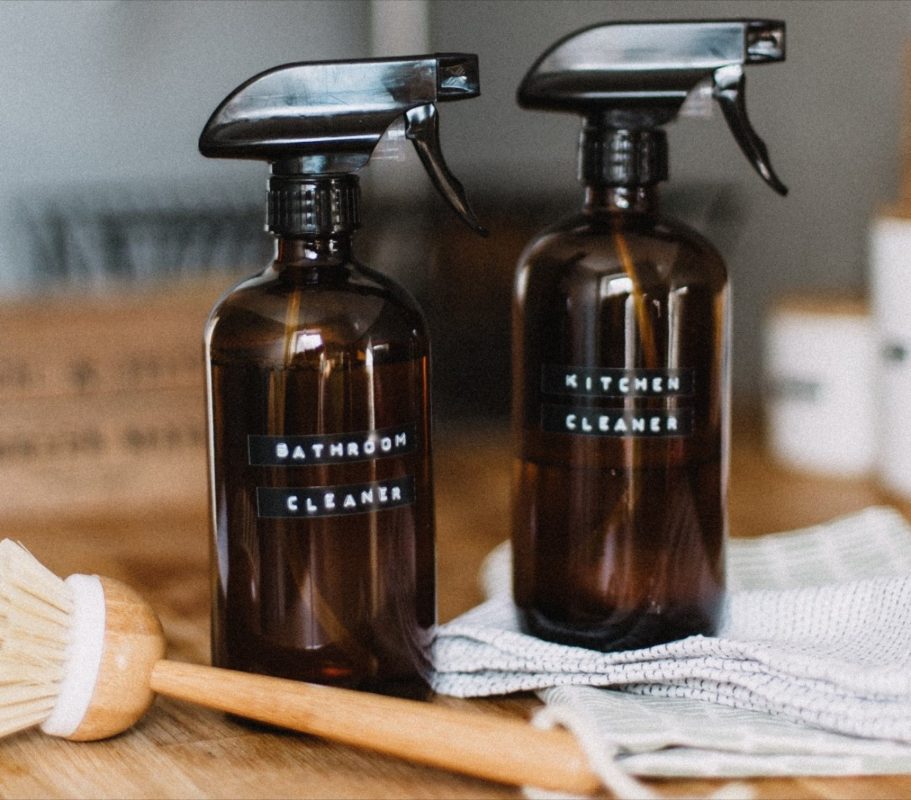Everything, Cats, Dogs, Health care
Pet poisoning prevention: Is your home dangerous to your pets?
It might be if you don’t know what to watch out for. Many things found commonly around our homes are deadly to animals. Did you know that grapes and raisins are toxic to dogs? That garlic and onions are toxic to cats? It’s true. Items as simple as chocolate, coffee grounds, and even apple seeds can be fatal if ingested by your pet. In this article, we discuss how to prevent pet poisoning, and what to do if you suspect you pet had been poisoned.
Poison PreventionThe best method of poison prevention is knowledge. Know what items are hazardous to your pet and if you have any of these in your home. Many organizations such at Cat world and the ASPCA maintain lists common household items that are toxic to your pets. Here are a few commonly recommended steps:
- Keep prescription and over-the-counter medicine out of your pets reach. Vitamins, painkillers, cold medicines, etc can be lethal to animals, even in small doses.
- Be aware of the plants you have in and around your home. Azalea, oleander, easter lily, and many other plant species can cause be fatal if ingested.
- Make sure your pets do not go on lawns or gardens treated with fertilizers, insecticides, etc until they have dried completely. Always store these products where they are inaccessible to your pets. If you are uncertain about any product, consult your veterinarian.
- Be alert for antifreeze leaking from your car. It tastes sweet and ingesting just a small amount can cause an animal’s death.
- Consider using animal-friendly antifreeze products that use propylene glycol instead of ethylene glycol.
- Be conscious of your pet products, particularly those containing pesticides like flea control products. Many of these products are not interchangeable and can be fatal if used on the wring species. If a product is for use only on dogs, it should never be used on cats and vice, versa.
- When using rat poison, slug baits, or ant/roach traps, place the products in areas that are inaccessible to your pet. Some bait contains sweet smelling ingredients such as peanut butter or sugar that can attract your pets.
If you are in doubt whether a product is toxic, call a veterinarian. And never wait for signs to develop. Successful poison treatment requires immediate action and many antidotes must be given within 12 hours of toxin ingestion. I recommend that you call the ASPCA Animal Poison Control Center (1-888-4-ANI-HELP). immediately and head to your veterinarian as soon as possible. If possible, always bring the container to the veterinarian so that the ingredients can be properly identified.
The doctor that takes your call at the ASPCA is specially trained in poison treatment and has access to the ASPCA’s extensive database of poison treatment information. They will research the poison in question and provide you with immediate corrective steps to take. At the end of your call, the ASPCA doctor will give you a case number. Be sure to make a note of your case number.
Your veterinarian will use your case number to get in touch with the doctor who has been treating your pet and discuss the information they have on the poison in question.
Frequently your veterinarian will prescribe 1tbsp of hydrogen peroxide to induce vomiting, so it pays to keep a bottle on hand. But because many chemicals (like gasoline) pose a greater risk to your pet on the way out, do not induce vomiting unless instructed by a trained professional.
The bottom linePet poisonings can almost always be prevented. Remember that the best method of poison prevention is knowledge and make an effort to educate yourself.
Authors Note: A call to the ASPCA’s poison control center will cost you $45, but it gets your vet access to the latest and most accurate information available. I’ve have the misfortune of using the service once before when my puppy ingested Tylenol. I am pleased to report that my dog is fine, and even my top notch vet was impressed by how much information the ASPCA doctor had that he was previously unaware of.


